A few years ago, I was old enough to hear the excuse from my friends that they couldn’t make my shows on weeknights. I grudgingly understood. I was the single guy still playing weeknight gigs. Now, I feel old enough to give that excuse myself. Indeed, there is an entire class of people who used to go to shows and now feel too old. Part of that is generational: yes, we just don’t feel like doing the weeknight things we used to do. But a large part of it is institutional: the venues that host live music are actively marginalizing a potentially huge audience.
Last year, I wrote a piece for SongCast about the simple changes venues could make to strengthen relationships with performers.
There is just as much that venues can do to strengthen relationships with audiences and support music as an art form in general.
Last month, I went out to a show myself. It was in a backroom bar connected to a restaurant. The listed show time was 9pm. I hadn’t been there in a while. I knew the bands were the typical weekend DJ music that the bar hosted so I assumed they might start close to 9pm.
When I arrived, the restaurant section was still fairly full but it was clear that this was the last round of diners. The bar in the back wasn’t open so I sat at the main bar as quite a few bar patrons arrived. Around 10:15pm, I was getting itchy. The band was setting up. A sound guy was checking microphones, speakers, and lights but no one seemed to be in a hurry. Meanwhile, the restaurant itself had emptied.
Why do this?
This is too common a scenario: a restaurant / coffee shop / or other makeshift venue that regularly hosts music does not want to bother their main business’s customers so they wait until those customers leave to start the entertainment. Or they push the music into a back room where it won’t bother the majority of patrons.
The problem is obvious though. I know that, had I been playing that show, none of my married, job-holding friends would have come out. Because they don’t want to see a show that starts around 10:30pm with three bands. So not only does the venue scare away a potential audience, not only do they not include their built-in audience, they also contribute to an alienation of those audiences by making it seem that live music is not for married parents with 9 to 5 jobs.
So, most musicians end up facing an empty room frequently when any potential audience has been marginalized enough to stay home.
This is a ridiculous situation on its face. Live music isn’t just for young people with flexible schedules. Live music should be for everyone. I know at least ten people who would have been at that show with me if it had started at 8pm in the main restaurant. We’d have all eaten dinner and bought drinks. Heck, it could have even started at 9pm and I’d have been able to convince a few people to hang around for the first band.
Because venues set these rules to benefit their existing model, they don’t contribute positively to the culture of live music. They fundamentally misunderstand the nature of live performance. A live performance isn’t so precious an event that its audience cannot eat during it. Possibly, venues think they are doing right by their performers to make sure the evening’s entertainment is set apart from the everyday use of the space.
That is completely backwards though. Venues — especially restaurants, bars, coffee shops who host music — need to make the live performance a part of their own culture. Only by doing this do they contribute to the culture of live music itself.
We are constantly besieged by music. It blares out of speakers in the grocery store, restaurants, the dentist’s office. We’ve become inured to its presence, no longer feeling that particular spark when a great song comes on. Live music could be and should be a shock to this culture. It should be right there in front of you: a sloppy, poorly-mixed band with loud cymbals banging away in the Jackson Square of your neighborhood, enticing you to enjoy the once-in-a-lifetime performance that hasn’t been sequestered away into the back bar after the other patrons leave.
Day time shows, dinner shows, all day shows, patio shows, sidewalk performers —try anything to break the monotony of the music starting late at night. Put on shows to include the audience you already have. If you want to be a music venue, be a venue of music. To keep live music alive, we need a participatory audience. We shouldn’t try to segregate certain types of music into late hours and thus marginalize entire generations of people from participating.

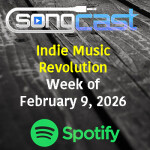
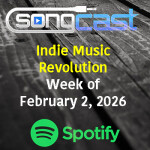
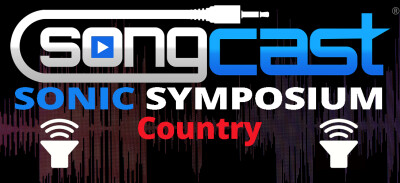
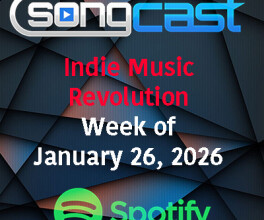


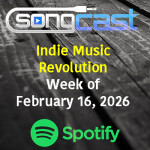
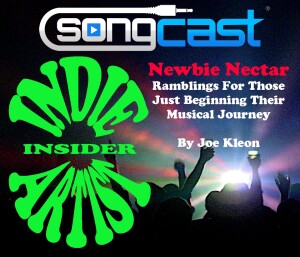

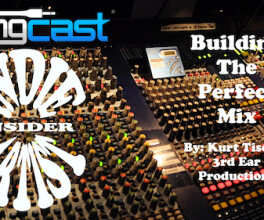
































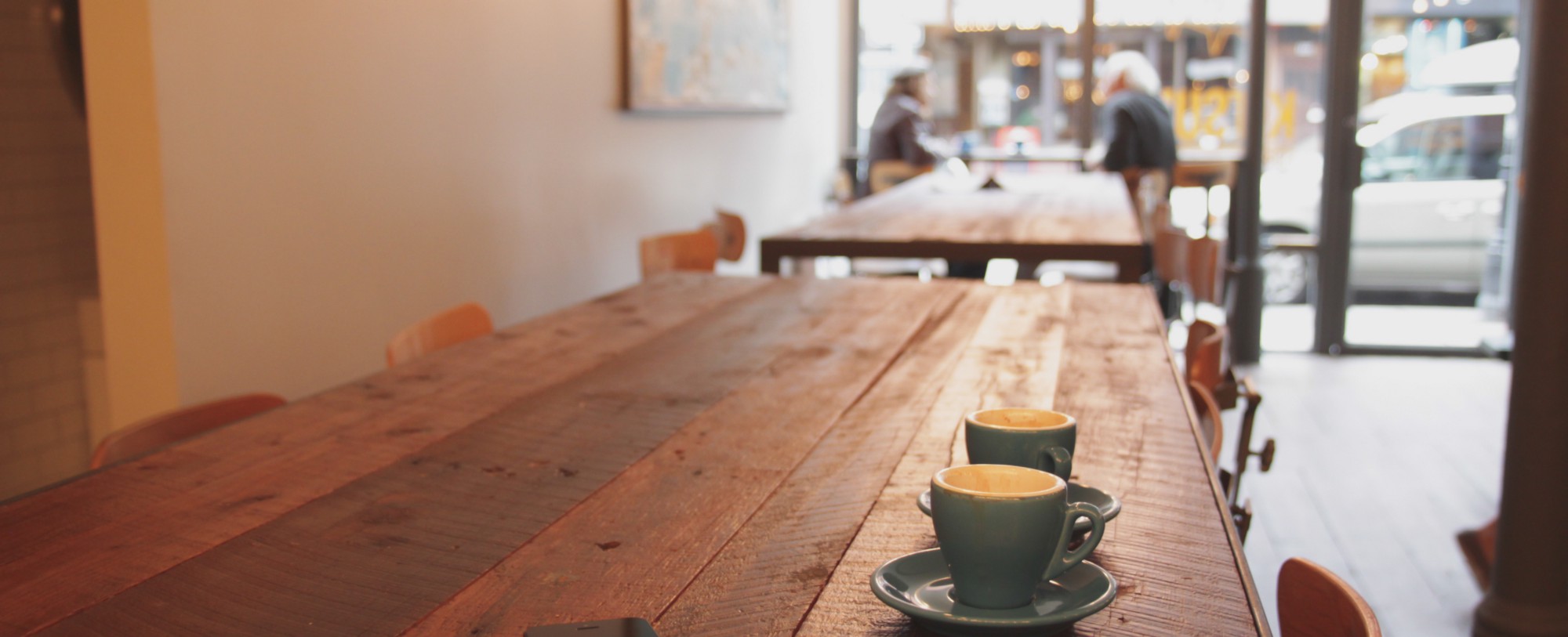
Bar and restaurants that offer live music are rarely run by managers that know how to properly support the acts they hire.
Most count on the artist to bring in the crowd and blame then if it is a slow night. Many do not have a house PA system missing the first ingredient to a consistent sound and start times. Additionally many venues do not have a set genre and will play music at the break that is inconsistent with the artist turning offer the fans they do bring.